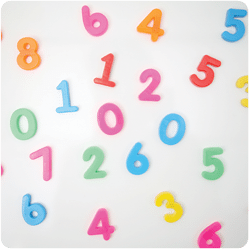Direct entry into tax
As school leaver schemes are becoming more common amongst larger recruiters, it is increasingly possible to train to be a tax professional without a degree. To enter these competitive programmes, you will need ABB at A Level in any subject and at least a B in GCSE Maths and English (or equivalents).
In practice, however, most entering the large accountancy firms do so via graduate training schemes, which require a strong academic background and minimum of 2:1 degree. Fortunately, it doesn’t need to be a mathematics or finance related degree – a variety of backgrounds, including humanities and languages, enable you to enter the tax profession.
Routes into a tax career:
- Apply to work as a tax trainee: this could be in an accountants’ or solicitors’ practice, a clearing bank, a tax consultancy, or an in-house tax department in commerce or industry. Entry qualifications vary but for the ‘Big Four’ accountancy firms a minimum of a 2:1 degree and 300 UCAS points are required.
Indirect entry into tax
For those who already possess a professional qualification and who wish to specialise in tax.
If you qualify as a UK accountant or lawyer, you can then specialise in tax. For example, passing the Legal Practice Course will entitle you to Confirmation of Eligibility to sit the Institute’s CTA exam.
Register with the CIOT, pass the CTA examination and provided that you have three years’ relevant professional experience, you can become a member of the CIOT. You will be entitled to use the designatory letters CTA and the practising title Chartered Tax Adviser.





